Sunscreen – it’s the ultimate defense against harmful UV rays, keeping your skin healthy and glowing. But with so many products and application tips, it’s easy to get confused. This guide tackles frequently asked questions (FAQs) about sunscreen application, ensuring you get the most out of your sun protection routine.
Table of contents
Understanding Your Shield
Sunscreens come in two main categories:
- Chemical sunscreens. These absorb UV rays and convert them into heat, then release them from the skin.
- Mineral sunscreens. These contain physical blockers, like zinc oxide and titanium dioxide, on the skin’s surface, reflecting UV rays away.
Choosing Your Sunscreen Weapon
Here are key factors to consider when selecting your sunscreen:
SPF (Sun Protection Factor)
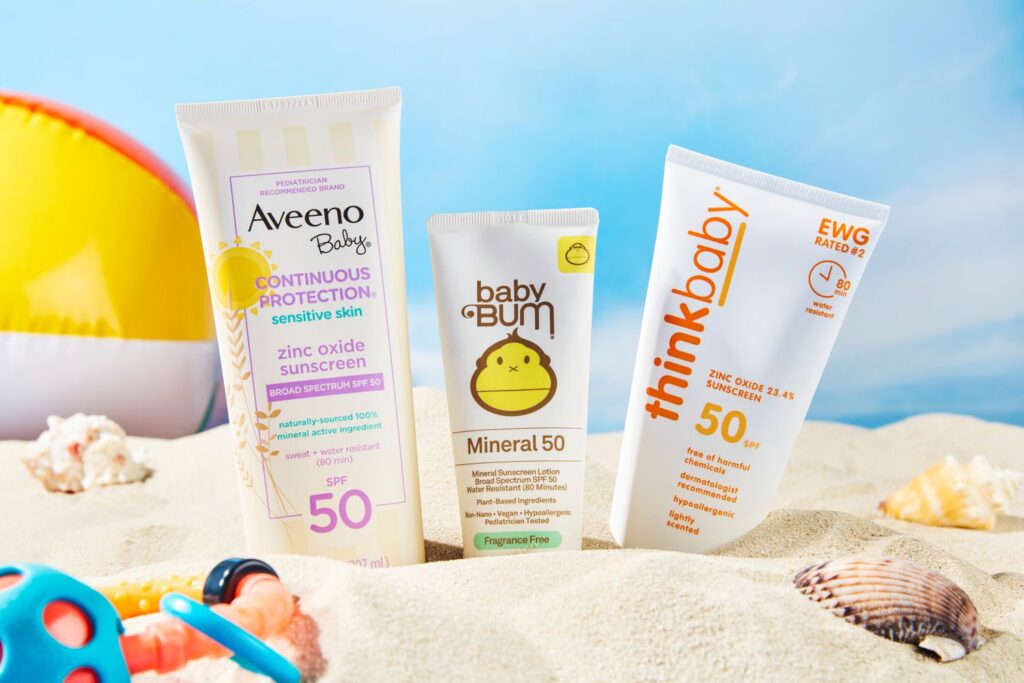
This number indicates the level of protection against UVB rays, the primary cause of sunburn. Opt for SPF 30 or higher for everyday use and SPF 50+ for extended sun exposure or fair skin.
Broad Spectrum
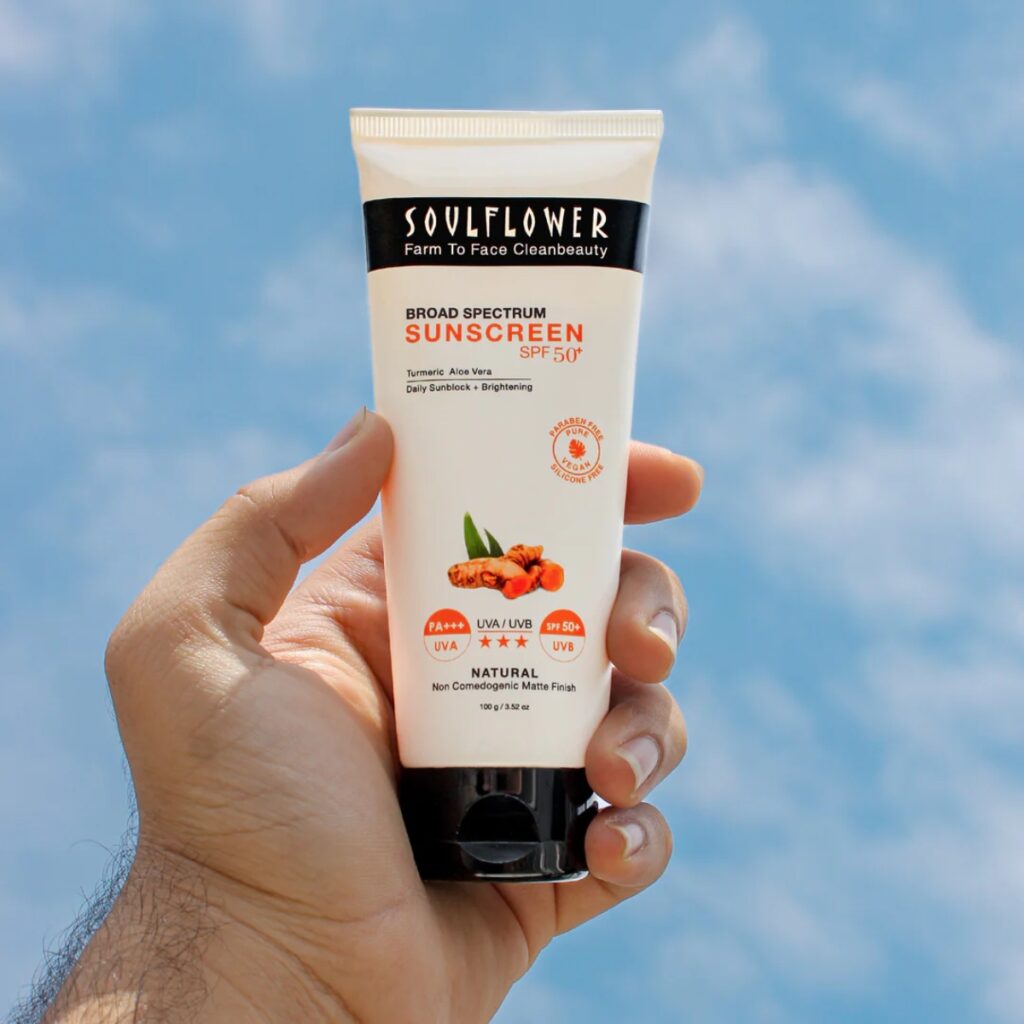
Look for this label to protect against UVA and UVB rays. UVA rays penetrate deeper into the skin and contribute to premature aging and skin cancer.
Water Resistance
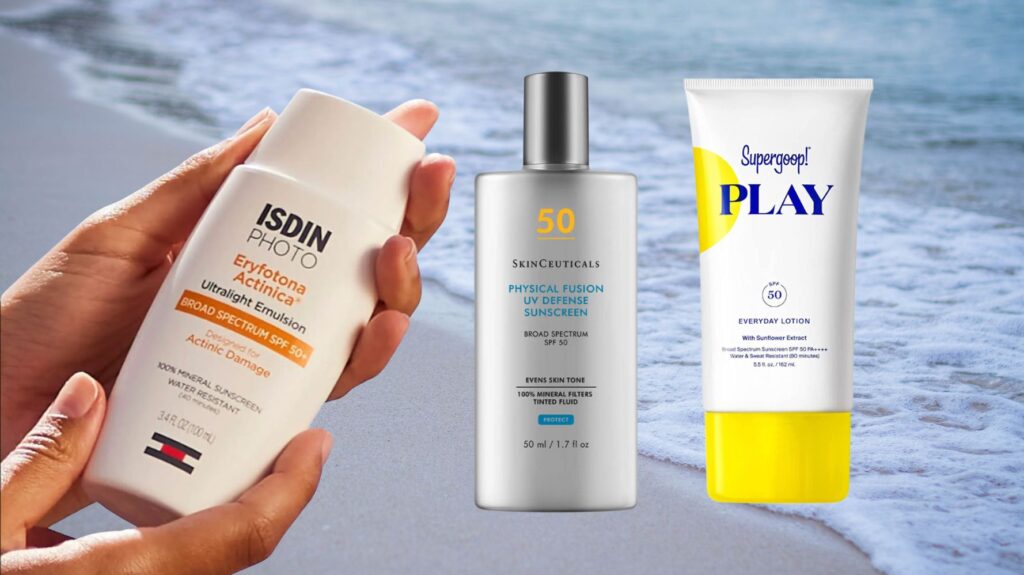
Choose water-resistant sunscreen if you’re swimming or sweating. However, reapplication is still crucial, especially after towel drying.
Skin Type
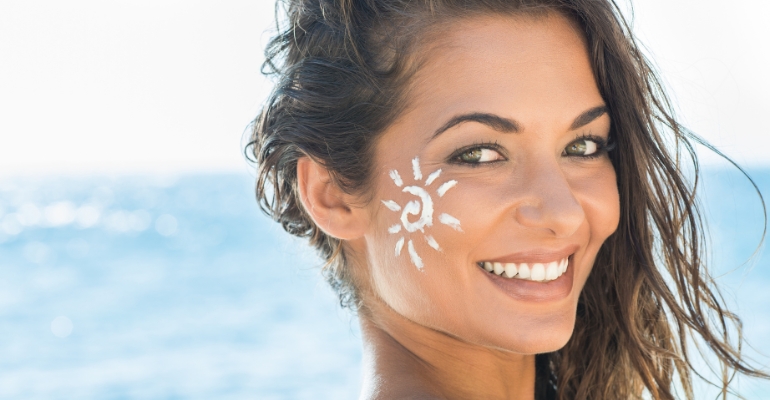
For oily skin, choose oil-free, non-comedogenic formulas that won’t clog pores. Sensitive skin benefits from fragrance-free, mineral-based sunscreens.
Also Read: LIST: Top 10 Ointments for Eczema in the Philippines
FAQs about Sunscreen Application
Here are some answers to commonly asked questions regarding sunscreen application:
How much sunscreen should I apply?
Most adults need about 1 ounce (enough to fill a shot glass) to cover their entire body. Apply liberally to all exposed skin, and don’t forget the ears, lips, neck, tops of feet, and the backs of hands.
What comes first, sunscreen or moisturizer?
Sunscreen should always be the last step in your skincare routine (in the morning). Apply moisturizer after cleansing and any serums or treatments, then finish with sunscreen to ensure maximum sun protection.
.
Can I use sunscreen at night?
Sunscreen is unnecessary at night unless you’re outdoors with significant sun exposure.
Is sunblock and sunscreen the same?
Yes, “sunscreen” and “sunblock” are often used interchangeably. Both refer to products that protect your skin from the sun’s harmful UV rays.
Does sunscreen prevent tanning?
Sunscreen reduces the amount of UV radiation absorbed by your skin, slowing the tanning process. However, some tanning may still occur, especially with lower SPF sunscreens. Choosing a broad-spectrum sunscreen with SPF 30 or higher is important for optimal protection.
Is it okay to put sunscreen at night?
Generally, sunscreen is not necessary at night. However, if you’ll be spending extended periods outdoors with significant sun exposure (like working a night shift outdoors), then sunscreen is recommended.
What should you apply first, moisturizer or sunscreen?
Apply moisturizer first, then sunscreen. This allows the moisturizer to properly hydrate your skin while the sunscreen sits on top to provide UV protection.
Can sunscreen cause pimples?
Some sunscreens can clog pores and contribute to breakouts, especially for people with oily or acne-prone skin. Look for oil-free, non-comedogenic sunscreens to minimize this risk.
What is tinted sunscreen?
Tinted sunscreen combines sun protection with light color to even out skin tone.
How to apply sunscreen and moisturizer?
Apply moisturizer after cleansing and any serums, then finish with sunscreen.
Can sunscreen prevent acne?
While sunscreen doesn’t prevent acne, some oil-free, non-comedogenic sunscreens may not clog pores or worsen breakouts.
How often should I reapply sunscreen?
Reapply sunscreen at least every two hours or more if you’re sweating or swimming. Reapply after toweling off and even after short periods outdoors.
What SPF should I use?
A broad-spectrum sunscreen with SPF 30 or higher is recommended for everyday use. Higher SPF may be needed for extended sun exposure or people with fair skin.
Do I need to apply sunscreen on cloudy days?
Yes! Up to 80% of the sun’s harmful UV rays can penetrate clouds. Apply sunscreen whenever you are outdoors for extended periods.
Is sunscreen waterproof or water-resistant?
Sunscreens are labeled water resistant, not waterproof. The label will indicate how long protection lasts after swimming or sweating (usually 40 or 80 minutes).
Also Read: Uniqlo sues Shein for imitating moon-shaped shoulder bag
Can I skip sunscreen if I have a tan?
No. A tan is your skin’s damaged response to UV rays. Sunscreen is necessary to prevent further damage regardless of your skin tone.
What if I have sensitive skin?
Look for a fragrance-free, mineral-based sunscreen labeled for sensitive skin. If you experience irritation, consult a doctor.
Can sunscreen expire?
Yes, check the expiration date on your sunscreen and dispose of it if expired. Expired sunscreen may be less effective.
Are there alternatives to sunscreen?
Sun protection is best achieved with a combination of methods. Seek shade, wear protective clothing (hats, long sleeves), and apply sunscreen for comprehensive defense.
How to apply sunscreen with makeup?
Apply sunscreen as the last step in your skincare routine (AM) after moisturizer and any serums. Let it dry completely (about 15 minutes) before applying makeup.
How to reapply sunscreen with makeup?
Reapplying sunscreen with makeup on can be tricky. Here are some options:
- Use a mineral powder sunscreen for touch-ups throughout the day.
- Carry blotting papers to remove some makeup before reapplying sunscreen.
- Seek shade whenever possible.
Should I apply sunscreen at home?
Sunscreen can be beneficial if you have large windows or spend time near them throughout the day. However, it generally isn’t necessary if you’re deep inside with minimal sun exposure.
Can I put powder after sunscreen?
Yes, you can apply powder makeup after sunscreen once it’s dry. Look for mineral powders if you have oily skin, as they can help control shine.
Can I use sunscreen as a moisturizer?
While some sunscreens are formulated to be moisturizing, they may not be as hydrating as a dedicated moisturizer. It’s generally recommended to use both for optimal skin health and sun protection.
Can sunscreen give you cancer, or does sunscreen cause cancer?
There is no scientific evidence that sunscreen causes cancer. Sunscreen protects your skin from harmful UV rays, which can increase your risk of skin cancer.
How to wash sunscreen off?
Use a gentle cleanser to remove sunscreen. You may need to double cleanse, especially if you wear makeup and sunscreen.
How often should I wash my face?
Twice a day (morning and night) is ideal for most people. However, once a night might be sufficient if you have dry skin. Listen to your skin and adjust accordingly.
Final Touch
With this guide, you can confidently tackle your sun protection routines. Remember, healthy skin is the most beautiful canvas, so prioritize sun safety. Feel free to experiment and see what works best for you and your unique features. Consulting a dermatologist can help create a personalized plan for specific concerns for your skin. Embrace your unique features and have fun on your journey to a sun-kissed and flawless you! Most importantly, have fun and enjoy the process. Remember, consistency is key. Enjoy the sun safely!
Keep Reading: All You Need to Know About Premenstrual Dysphoric Disorder (PMDD)
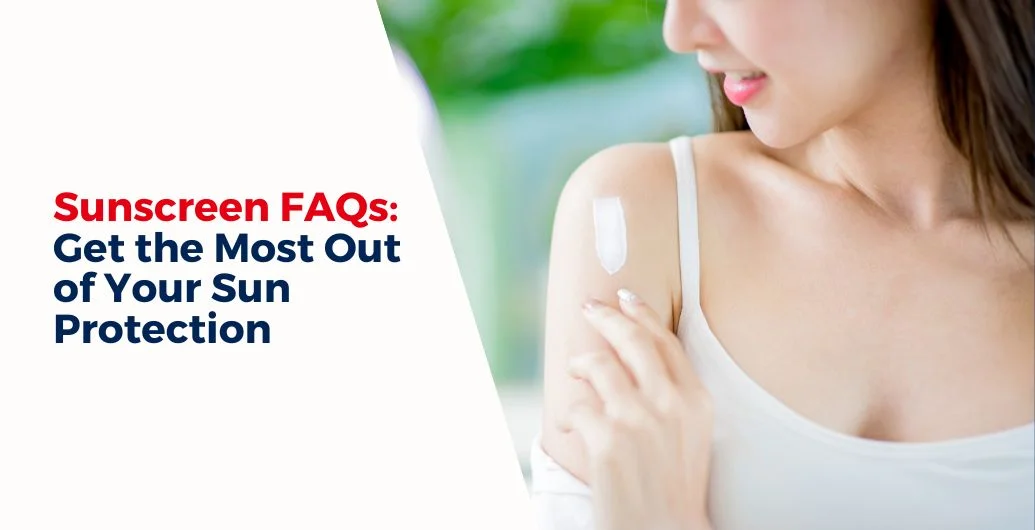


Leave a Reply